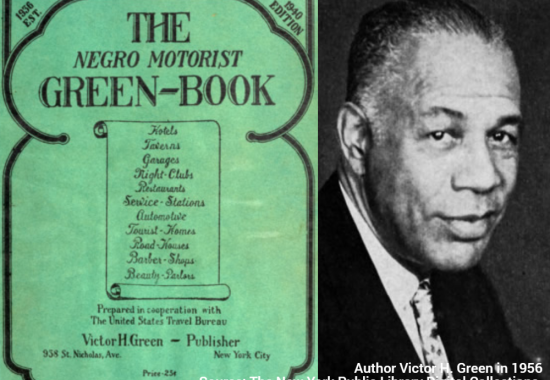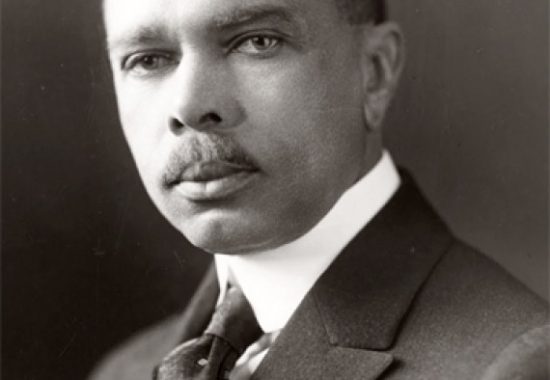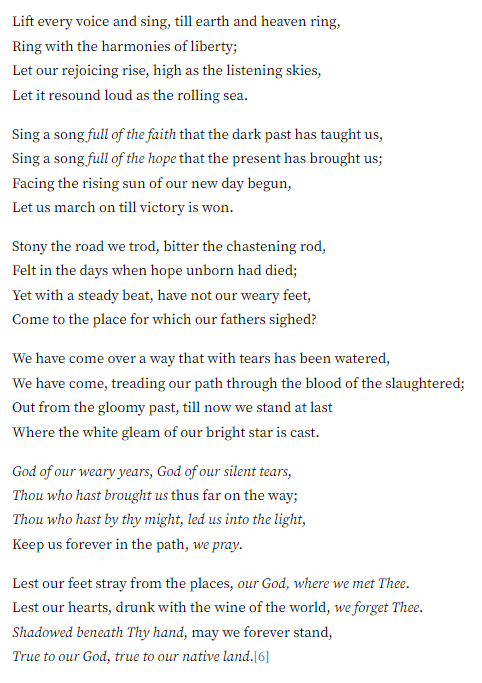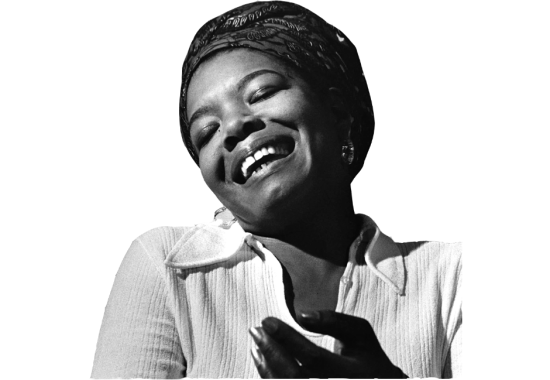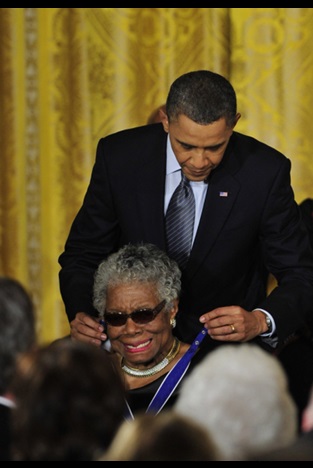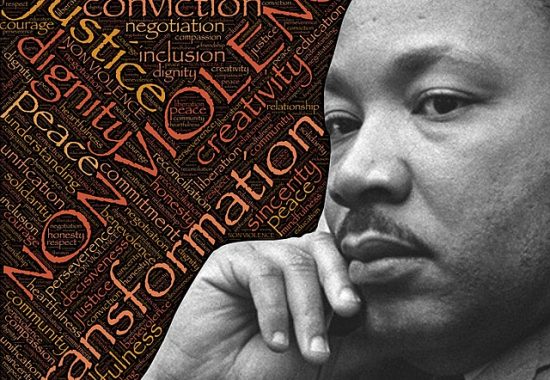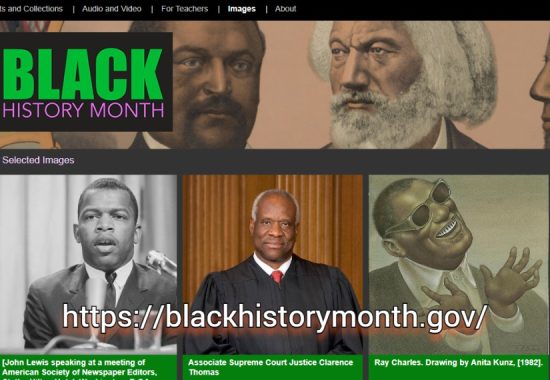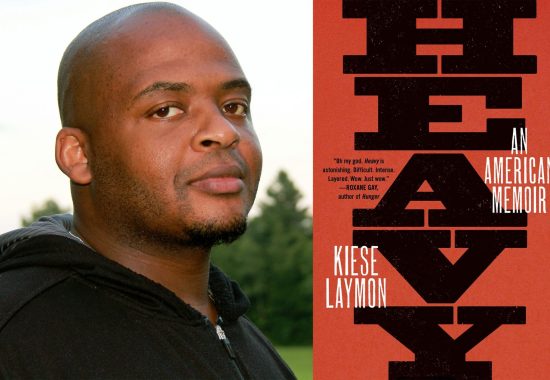Victor Hugo Green and The Travelers’ Green Book
“There will be a day sometime in the near future when this guide will not have to be published. That is when we as a race will have equal opportunities and privileges in the United States. It will be a great day for us to suspend this publication for then we can go wherever we please, and without embarrassment.”
Born in Manhattan, New York City in 1892, Victor Hugo Green grew up to become a postal carrier with the U.S. postal service. He married Alma Duke, a woman from Richmond, Virginia, and they settled in Harlem at the same time the Harlem Renaissance was blossoming.
Mr. Green had spent most of his life in Hackensack, NJ and in New York City, but after his marriage, he began to travel to Richmond with his wife. He then realized the need to find safe places to stay, eat, use the toilet and put gas in his car while on his travels, and he realized a lot of other people had this same need too. It was then, he had the idea of creating a small guidebook to not only support Black-owned businesses, but also to support the safety of Black travelers and holiday-goers in the United States.
“He found a model for his publication in the guides for Jewish travelers that appeared in Jewish newspapers.” His first installation of the “Green Book” appeared as “The Negro Motorist Green Book” in 1936. The first edition was a small, 15-page booklet which listed businesses that were Black-owned and/or friendly to Black travelers and diners. It included places to stay and places to eat. “By the early 1940s, thousands of establishments nationwide - identified as either black-owned or verified to be non-discriminatory - were listed in the Green Book.”
Over the years, the guide grew to cover much more territory in the United States as well as as places in Canada and Europe. Using the nationwide help of fellow postal carriers, he used their input to expand and promote safe travel for Black people in the Jim Crow era.
“By the early 1940s, thousands of establishments nationwide - identified as either black-owned or verified to be non-discriminatory - were listed in the Green Book.” Although the guide ceased publication during WWII, it was re-started and eventually grew to have a print run of 15,000 copies per year. Mr. Green died in 1960, but his wife continued as editor publishing the guide until its cessation in 1966.
You can watch a short video about the impact of The Green Book and some of the experiences of Black travelers in the 20th century here: The real story of the Green Book.

